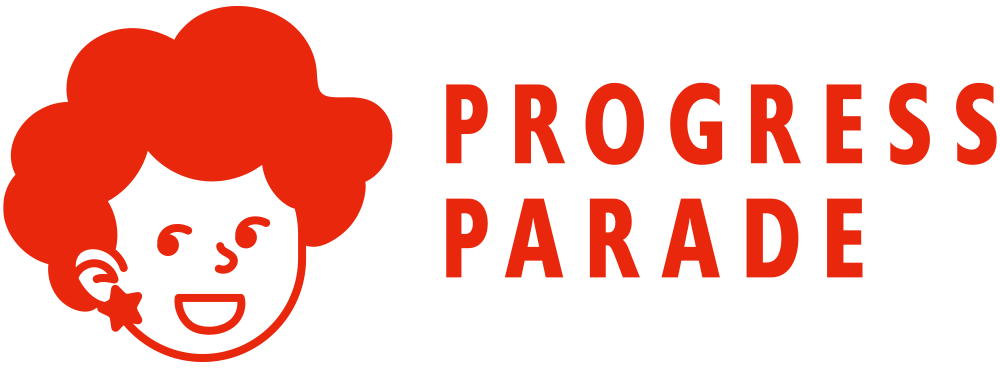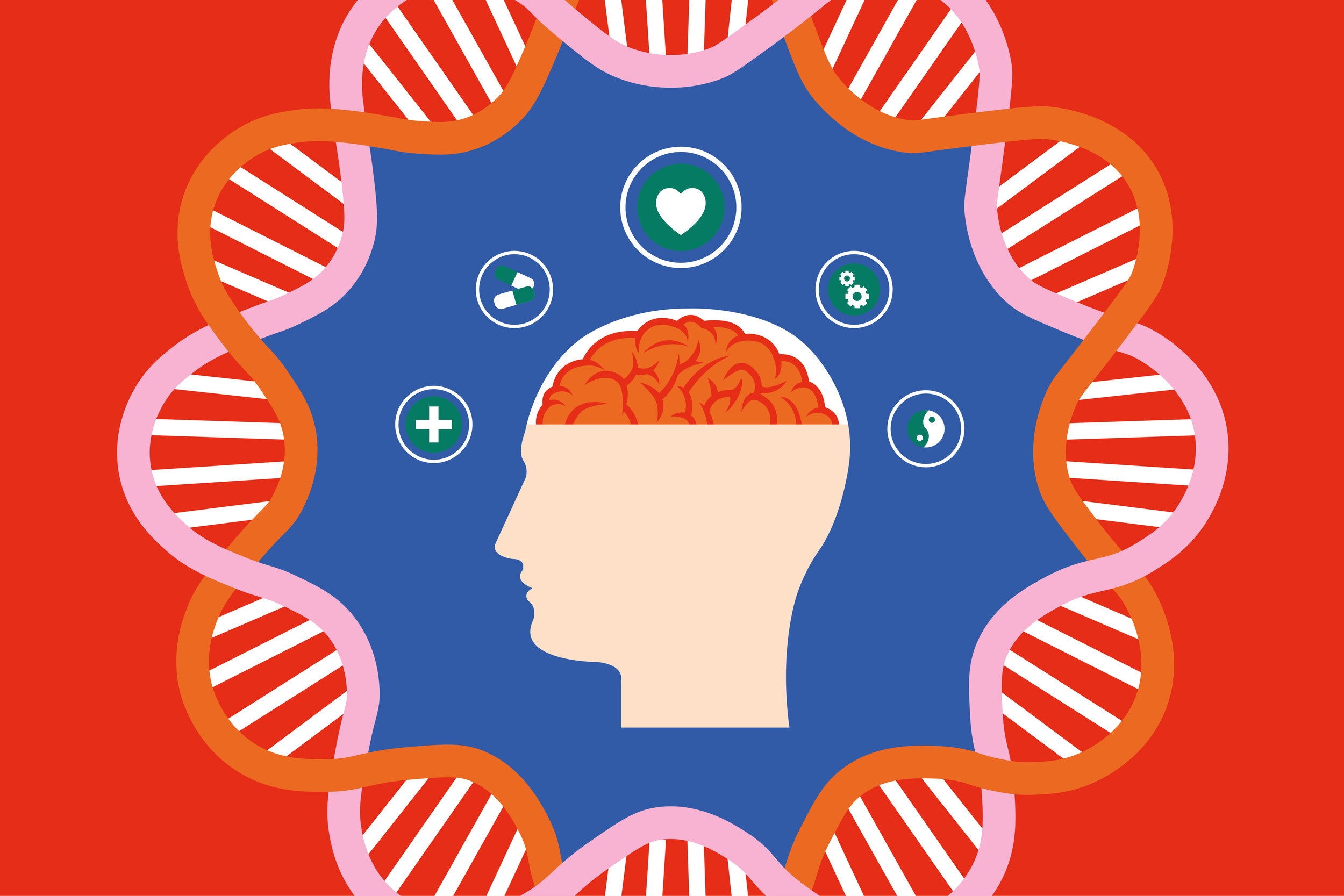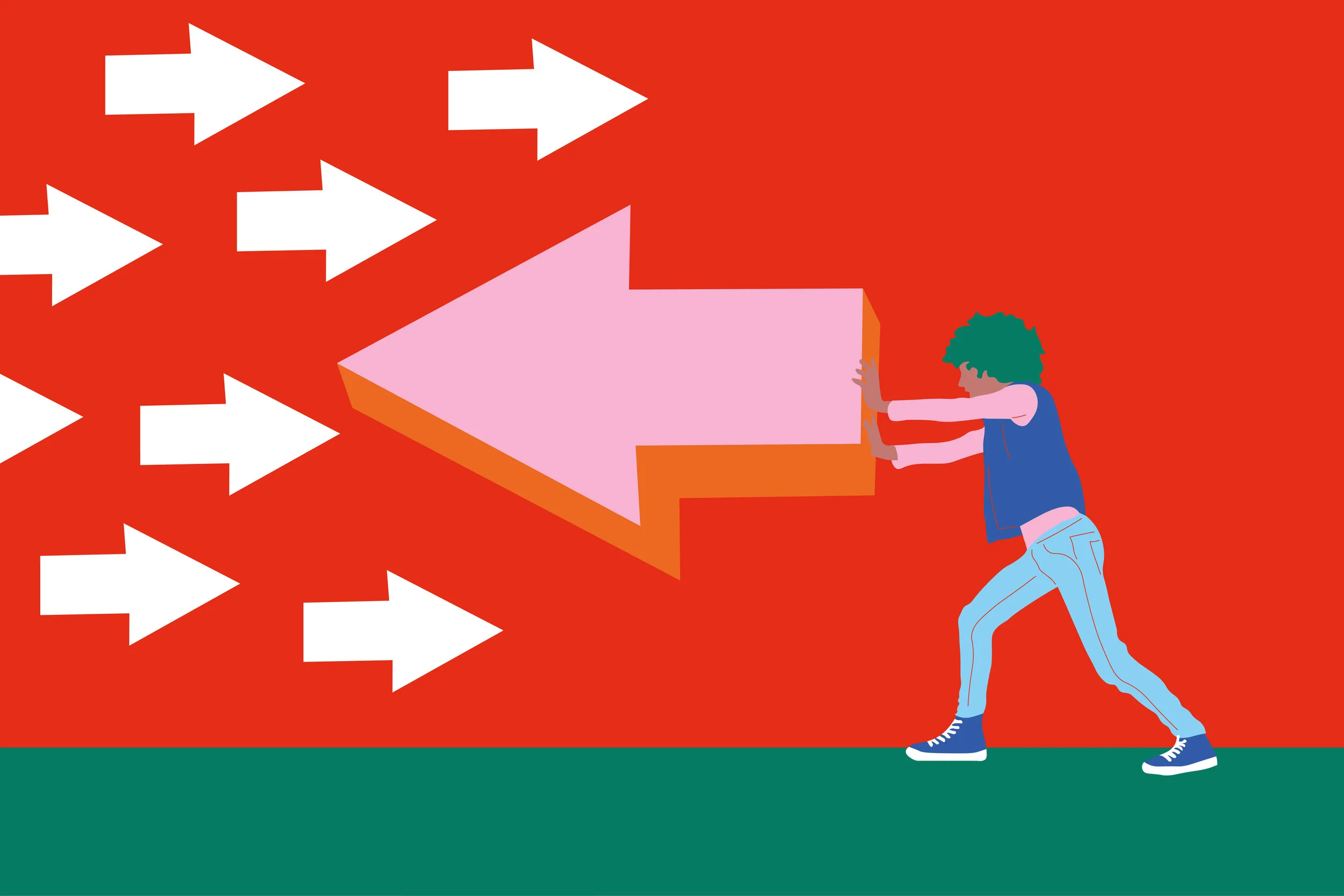Parenting a Child with ADHD
When we become parents, we often have visions of who our child will be. We daydream of milestones, celebrations, talents and incomprehensible love. We don’t usually picture a child who can play with Legos for hours on end but can’t sit at the dinner table. We also don’t usually picture a child who, despite a love of learning, still receives weekly phone calls from the school saying they haven’t turned in work, again.
Close your eyes and think about your child: what do you love and enjoy most about them? Their enthusiasm? Their joy? Now, go to the opposite side: what do you struggle with most? Their endless energy? That you need to give a direction 10 times?
While all parenting involves frustrations and irritations, parenting a child with ADHD has unique challenges. Let’s dive in and get a better understanding of that uniqueness and how to create a calmer home and a better relationship with your child!
Challenges of Parenting a Child with ADHD
Depending on your child’s specifics and age, different symptoms will present different parenting challenges. A child who is predominantly inattentive may demonstrate challenges such as failing to pay close attention to directions or a reluctance to do tasks that require mental effort. A child who is predominantly hyperactive may talk excessively or never stop moving. Or maybe your child demonstrates symptoms across the board. As children grow and develop skills, the way symptoms present may also change, or their impact may increase or decrease. Hyperactivity tends to reduce in adolescence and early adulthood, but difficulties with executive functioning may become more pronounced. Then there are those challenges that aren’t a specific symptom of ADHD, but rather a consequence of the disorder, such as friendship challenges or failing grades.
One key tip I’m going to ask you to keep in mind as you read this article, and in the day to day with your child: remember that the behaviors, or lack thereof, are not willful – and your child is often as frustrated with their brain as you are.
“Remember that the behaviors, or lack thereof, are not willful – and your child is often as frustrated with their brain as you are.”
Tips for You, the Parent in Supporting Your Child with ADHD
Take care of yourself
Try to make sure you’re rested and getting proper nutrition – this sets you up to be at your best. Be kind to yourself – you’re going to have off days, just like your child, and just like you try to have patience with them, have grace for yourself. Lastly, make sure you have your own healthy coping skills: exercise, meditation, journaling, time with friends and family, deep breathing, etc. This will help you be there for your child.
Understand “normal” development
Doctors tell us if our child is hitting movement, growth, and speech milestones, but what about at what age they can follow two-step directions? That they can be expected to put their own clothes on? Familiarize yourself with those kinds of milestones, so you can set reasonable expectations for behaviors, keeping in mind that all milestones are averages, and a child with ADHD may meet those behavioral expectations at a slower rate than their peers. The CDC has developed an app and a website with resources that explains the milestones for early childhood years here. This website defines attentional and listening expectations by age through early childhood. Beyond the age of 5, developmental milestones tend to focus on speech language achievements, but that also includes the ability to listen and follow directions. This CDC page offers broader guidelines on social-emotional development (menu items on the left allow you to toggle between age groups such as middle childhood, early adolescence, and adolescence).
Learn as much as you can about ADHD
There are lots of great resources on the web, including CHADD, Child Mind Institute, and ADDA. Some of these organizations also have parenting support groups. Additional options for support can be found through parenting books specific to ADHD, your school, and social media.
Accept and support your child
See the good in them: that boundless energy is going to serve them well on a sports team, in a high-paced career, and many other adventures! Appreciate them for the small gains every day; they might not have put their clothes in the laundry before bed, but they did brush their teeth and put their homework in their backpack. Those are great accomplishments!
Tips for Working with Schools and Doctors
Advocate for your child at school
Where is their energy useful? When are they a leader? Do they respond well to specific aspects of structure or praise? How can you support the teachers? What kind of home-school communication can you engage in? Thinking through these questions and sharing any suggestions with your school will help them best support your child. You know your child better than anyone else!
Be a record keeper
If your child has an IEP or 504, find a specific space in your home to save documents so you can refer back to them when understanding your child’s accommodations and goals
Understand the role medication plays
Medication gets the brain “ready” but needs to be paired with behavioral supports. Help your child understand their responsibility and role in changing their behaviors, with or without medication.
“See the good in them: that boundless energy is going to serve them well on a sports team, in a high-paced career, and many other adventures!”
Tips for Behavior Management
Behavioral strategies
Provide redirection to the desired behavior and an explanation for why the non-preferred behavior can’t continue to happen. Remember: positive reinforcement when they engage in the desired behavior is essential to seeing it occur more often!
Need a Time Out?
It’s okay to step away and take a break. In moments of heightened frustration, what if you took the “time out,” rather than your child? What if you let your child know that you are feeling frustrated and that you’re going to step out of the room for a minute to take some deep breaths and then you’ll come back and work on the problem? That provides a great example for them when they need the same.
Add in exercise
Try to give your child active outlets; research has shown this sets them up for the best success with academics. Running, riding a bike, martial arts, yoga all offer productive outlets for energy and work on components of executive functioning
Work on executive functioning skills
EF skill building starts from a young age. At Progress Parade, we can help your child develop these skills, but there are games and activities you can do daily that will help build these skills.
Don’t punish for actions that are most likely symptoms of ADHD
If you gave a direction and come back and the task isn’t complete, the answer isn’t punishment. This is part of ADHD. Instead, provide a reminder and structure the expectation and see how you can problem solve. Was the task appropriate for their developmental level? Do they need visuals? Do they need steps broken down?
Problem solve together
Avoid words like “lazy” “stupid” “space cadet”; those hurt and children internalize them. Work together to come up with a solution; remember your child may operate differently than you (e.g., you work best in the mornings but your child is a night owl). Work together to figure out: is there someplace for items to go? Is there a place to do homework? If age appropriate, explain why the behavior is a problem: food left in the room invites bugs, markers uncapped dry out, etc.
Preparation is key
For schedule changes, new settings, celebrations, trips – set clear behavioral and time expectations, give warnings and plan together for challenging situations.
Our final tip for parenting your child with ADHD?
What can you do together that both of you enjoy? Spend fun time together! The most important thing is that your child knows they are loved and wanted – the rest will come with patience and practice.
To talk with one of the best ADHD tutors, call us today!
A school psychologist explores challenges in parenting a child with ADHD while also providing tips for general parenting, behavior management, and for effectively working with schools and doctors.

































